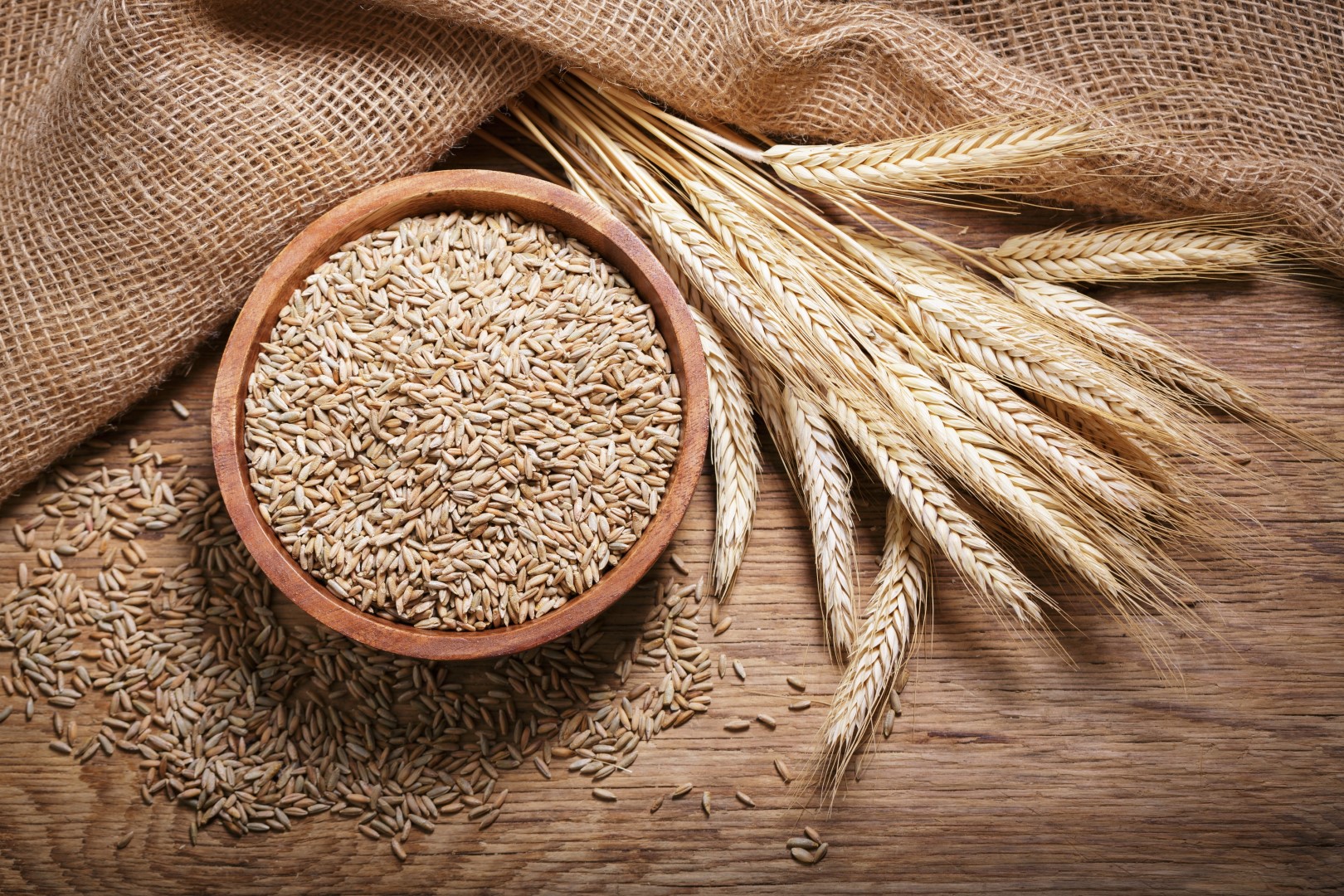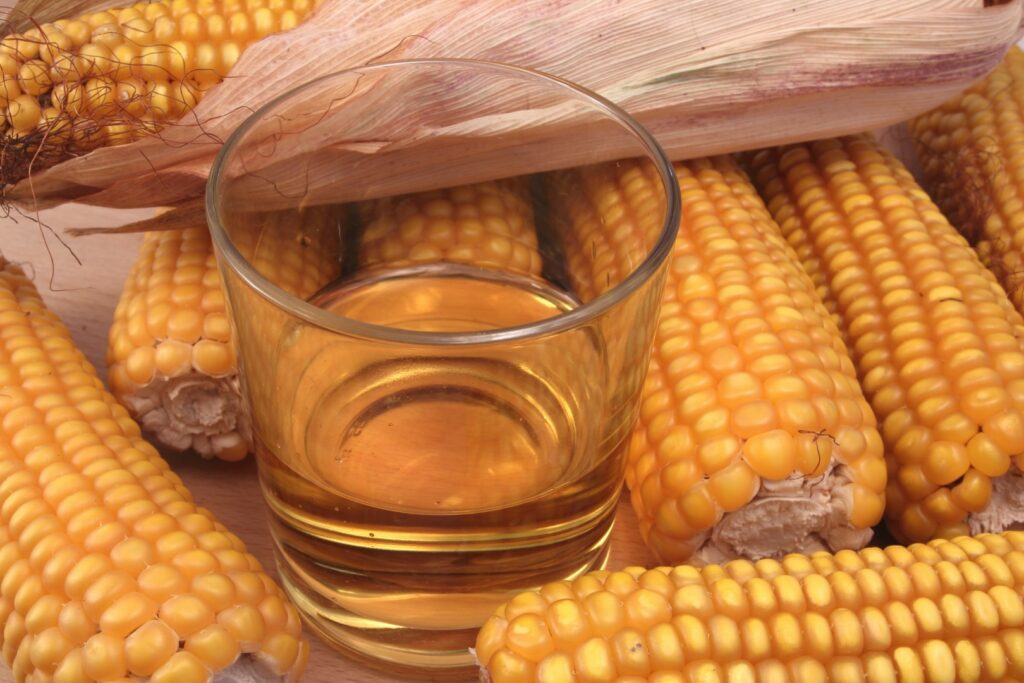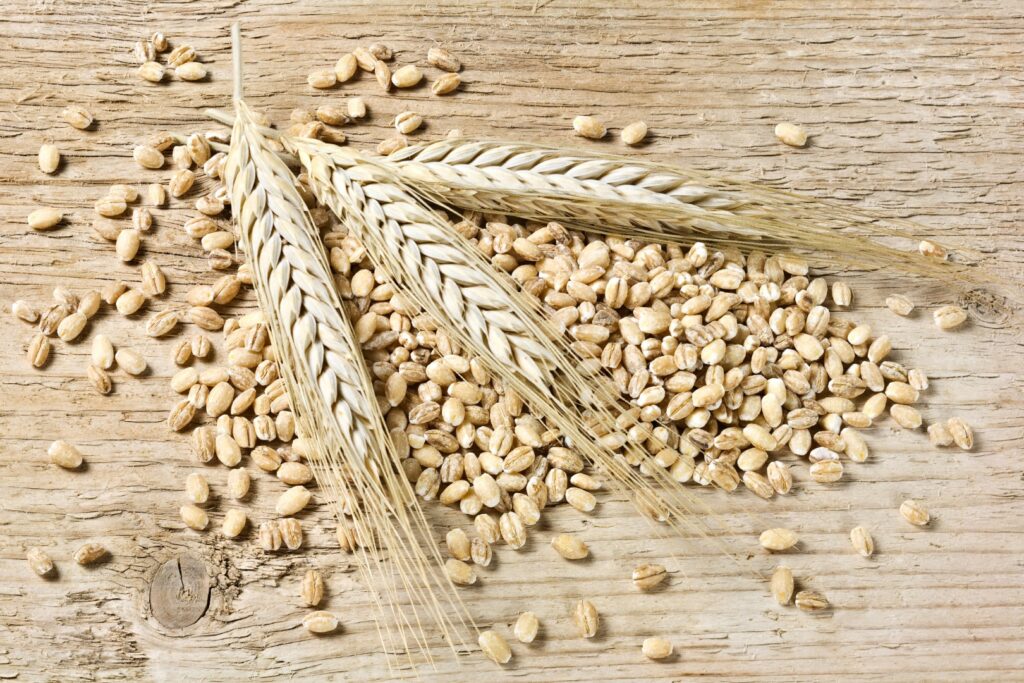
Raw Materials: The Key to Great Spirits
When it comes to crafting exceptional spirits, the importance of raw materials cannot be overstated. The choice of raw materials for craft distilling, such as corn, rye, and barley, significantly influences the quality, flavor, and character of the final product.
Understanding the unique characteristics of each raw material and how they can be utilized is essential for craft distillers dedicated to producing an outstanding finished product. Here, we help distillers understand the differences between these raw materials and how to make spirits from grain by adjusting their crushing equipment.
Crushing Techniques: Tailoring to the Raw Material
Each raw material presents its own set of requirements when it comes to the crushing process. Corn, rye, and barley differ in their physical properties and chemical compositions, necessitating specific approaches to achieve the desired consistency and particle size. The easier to grind, the more friable.
For instance, rye tends to be tougher compared to corn or barley, requiring a more vigorous crushing process. Distillers need to adjust the settings on their equipment to ensure the appropriate sieve distributions for each raw material, facilitating optimal extraction of flavor and nutrients.
The Importance of Choosing High-Quality Materials for Distilled Spirits
Craft distillers must also choose quality ingredients, as these directly impact the flavor, aroma, and overall character of the spirits they produce. Using premium raw materials ensures superior taste, complexity, and depth in the final product.
High-quality ingredients also contribute to the reputation and branding of the distillery, demonstrating a commitment to excellence and a desire to offer consumers the finest spirits possible. As a craft distillery, you can create unique, memorable spirits that stand out in the competitive craft spirit market with the right ingredients and a consistent distillation process.
Corn: Versatile and Robust
 Corn, a staple ingredient in the production of bourbon, is celebrated for its versatility and robust flavor profile. Distillers often crush corn to a fine consistency, increasing the access to its natural starches to be converted to sugars during mashing.
Corn, a staple ingredient in the production of bourbon, is celebrated for its versatility and robust flavor profile. Distillers often crush corn to a fine consistency, increasing the access to its natural starches to be converted to sugars during mashing.
The resulting corn mash serves as the foundation for producing a wide array of spirits, ranging from the sweetness of bourbon to the crispness of corn-based vodka. The addition of corn in spirit production utilizes its ability to impart depth and richness to the final product, making it a cherished raw material in the industry.
Since corn can be a more abrasive product to crush, it’s imperative to have the right equipment to give a consistent particle size without frequently wearing out machine components.
Rye: Bold and Spicy
 Rye, characterized by its bold, spicy attributes, adds a distinctive flair to spirits. Its grinding process requires careful attention to achieve the ideal coarseness, ensuring an effective extraction of the grain’s signature peppery notes.
Rye, characterized by its bold, spicy attributes, adds a distinctive flair to spirits. Its grinding process requires careful attention to achieve the ideal coarseness, ensuring an effective extraction of the grain’s signature peppery notes.
As the primary ingredient in crafting rye whiskey and a popular complement in bourbon, rye is renowned for its robust flavor profile and complexity. When distilled with precision, rye imparts a delightful warmth and depth, making it a preferred choice for connoisseurs seeking spirits with a bold and refreshing character.
Since rye has a distinct texture and composition, it’s essential to use specific crushing techniques to achieve the correct particle size. The process must effectively break down the grain for optimal extraction of its characteristic spicy notes and flavors. This will help ensure spirits with a distinct and captivating flavor profile.
Barley: Malleable and Mellow
 Known for its malleability and mild sweetness, barley is a fundamental component of various spirits, notably Scotch whisky. Its grinding necessitates a specific approach to preserve the integrity of its delicate flavors.
Known for its malleability and mild sweetness, barley is a fundamental component of various spirits, notably Scotch whisky. Its grinding necessitates a specific approach to preserve the integrity of its delicate flavors.
Barley contributes to the creation of spirits characterized by a smooth, mellow profile, marked by nuanced layers of maltiness and subtle earthy undertones. The addition of barley utilizes its capability to bring forth a refined and harmonious essence, distinguishing the spirits it helps shape.
Due to its delicate nature, crushing barley demands careful consideration. The crushing process requires fine-tuning to achieve the right coarseness, optimizing the release of flavors and sugars during mashing. Craft distilleries need to ensure their equipment settings are tailored to the specific physical properties of barley to prevent over-grinding, which can lead to the loss of nuanced flavors.
Discover How We Can Help Your Distilling Operation
By understanding and harnessing the attributes of these raw materials, distillers can unlock the potential for creating exceptional spirits that captivate the senses and delight drinkers worldwide. Discover how RMS supports your craft distillery–check out our equipment and support options!
